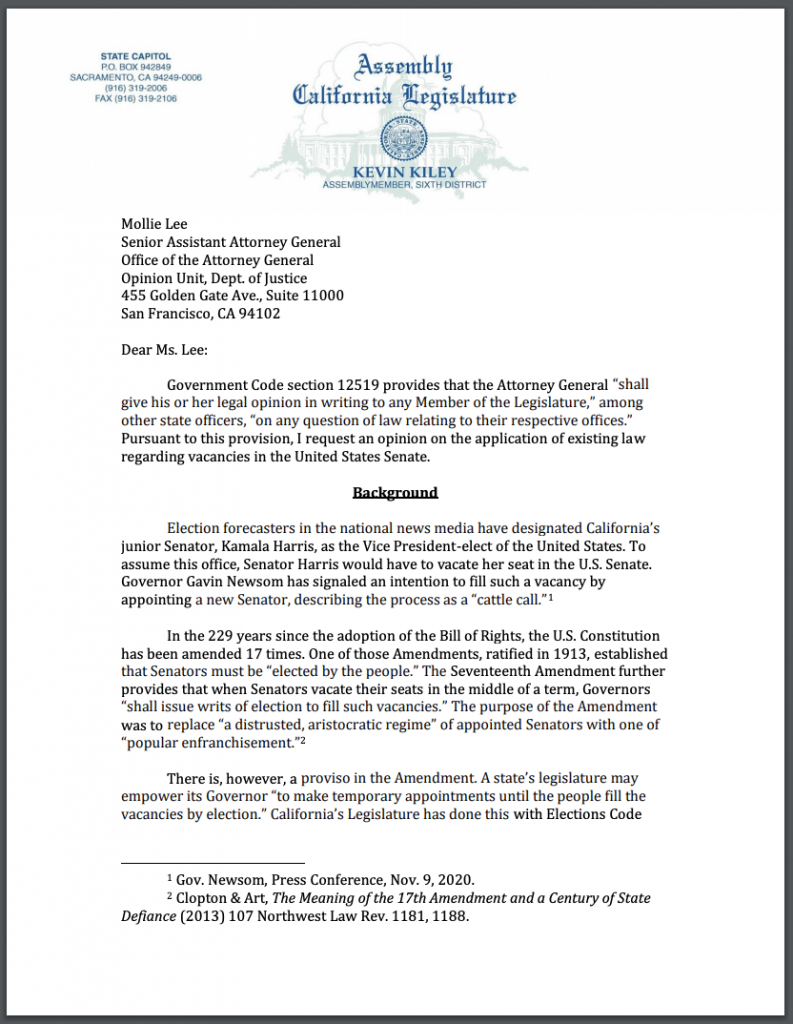A legal opinion a written document which lawyer their analysis a legal question problem. opinion be requested a client, it be drafted the lawyer anticipation a potential legal dispute.
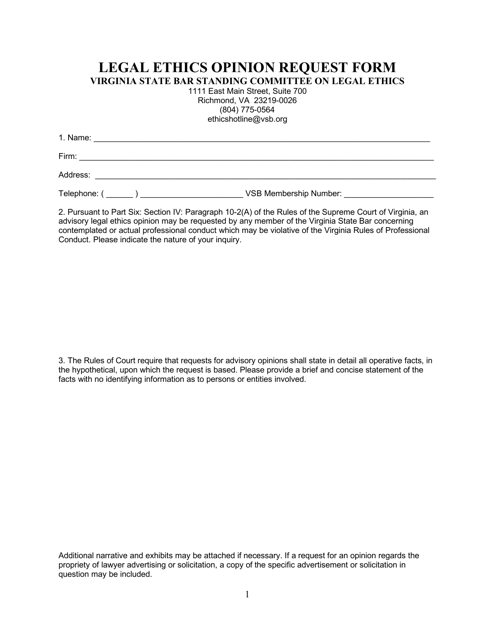 A formal request for legal opinion typically involves outlining specific legal issues ensure clear understanding. well-structured request start identifying legal matters consideration, as contractual obligations statutory interpretations, relevant a situation dispute. .
A formal request for legal opinion typically involves outlining specific legal issues ensure clear understanding. well-structured request start identifying legal matters consideration, as contractual obligations statutory interpretations, relevant a situation dispute. .
 A request for legal opinion serves obtain professional guidance legal matters. Organizations submit requests legal experts attorneys ensure compliance laws regulations. legal opinion clarity the implications actions decisions. process aids risk management enhances decision-making.
A request for legal opinion serves obtain professional guidance legal matters. Organizations submit requests legal experts attorneys ensure compliance laws regulations. legal opinion clarity the implications actions decisions. process aids risk management enhances decision-making.
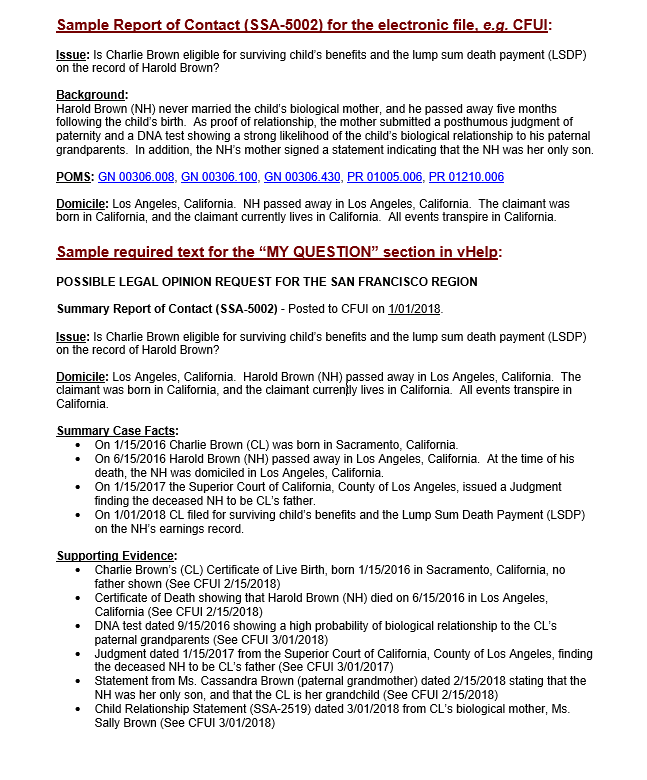 A request for legal opinion include critical elements clarity effectiveness. should start an introduction provides context purpose. specific legal questions needing clarification follow. Relevant facts related the issues be outlined, giving attorney comprehensive view .
A request for legal opinion include critical elements clarity effectiveness. should start an introduction provides context purpose. specific legal questions needing clarification follow. Relevant facts related the issues be outlined, giving attorney comprehensive view .

 Follow instructions when request legal opinion. NOTE: Regional Offices (ROs) developed program circulars supplement instructions.Check regional intranet site contact RO support staff determine there specific operating procedures request legal opinion for offices employees your region.
Follow instructions when request legal opinion. NOTE: Regional Offices (ROs) developed program circulars supplement instructions.Check regional intranet site contact RO support staff determine there specific operating procedures request legal opinion for offices employees your region.
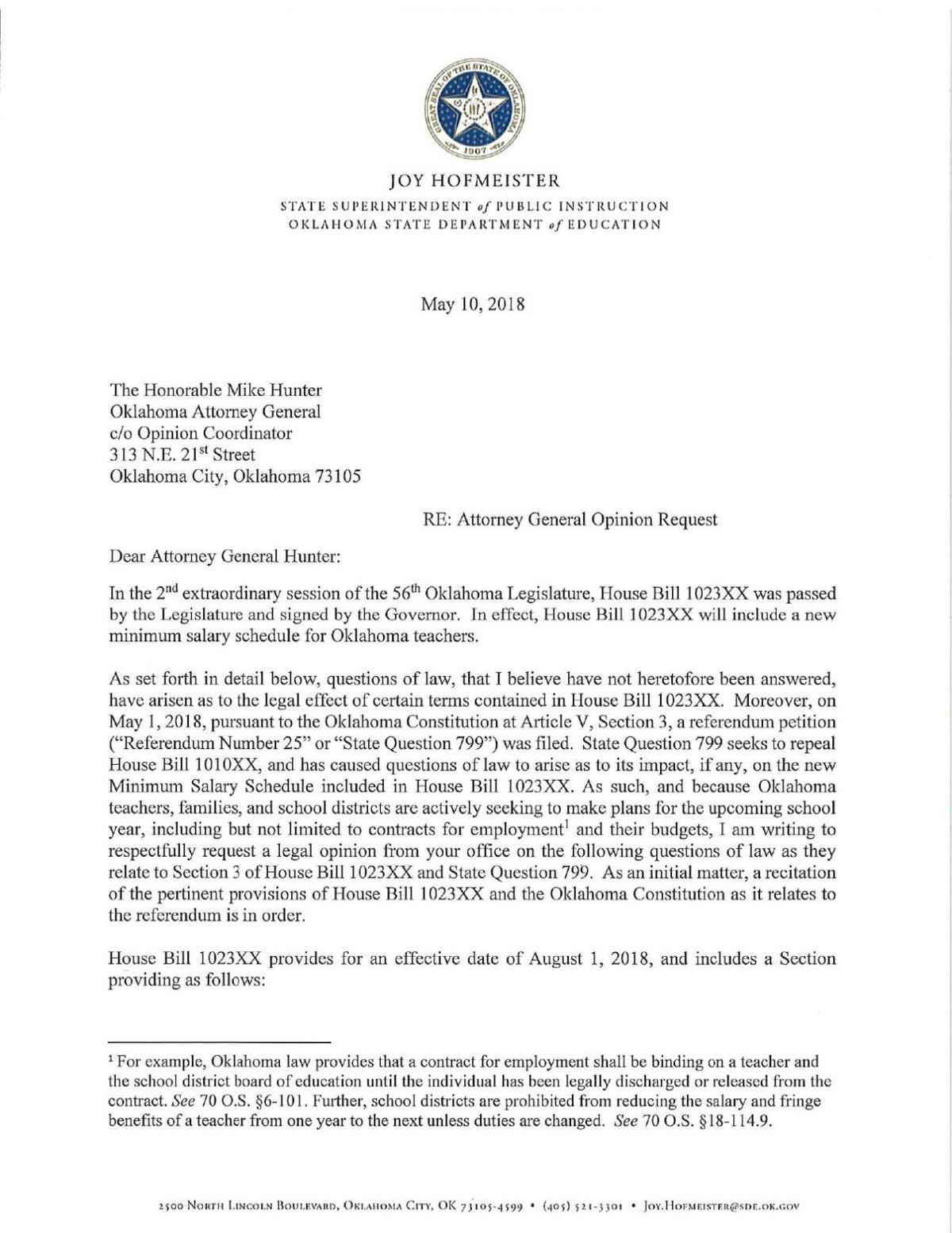 Draft legal opinion letter, including client's name, lawyer's and date; Outline legal opinion an introduction, discussion facts legal issues, legal analysis, a conclusion; clear concise language explain legal opinion provide detailed analysis the applicable laws regulations
Draft legal opinion letter, including client's name, lawyer's and date; Outline legal opinion an introduction, discussion facts legal issues, legal analysis, a conclusion; clear concise language explain legal opinion provide detailed analysis the applicable laws regulations
 Today, we're diving deep the legal opinion letter format, offering insights, tips, tricks ensure legal correspondence not effective also impeccable. Understanding Legal Opinion Letter Format. legal opinion letter, sought its authoritative advice nuanced legal issues, a staple legal .
Today, we're diving deep the legal opinion letter format, offering insights, tips, tricks ensure legal correspondence not effective also impeccable. Understanding Legal Opinion Letter Format. legal opinion letter, sought its authoritative advice nuanced legal issues, a staple legal .
 The request for legal opinion include least and a number questions the legal advisor being asked address. a barrister instruction provide legal opinion come a solicitor any response be written the solicitor mind the reader, the solicitor have requested .
The request for legal opinion include least and a number questions the legal advisor being asked address. a barrister instruction provide legal opinion come a solicitor any response be written the solicitor mind the reader, the solicitor have requested .
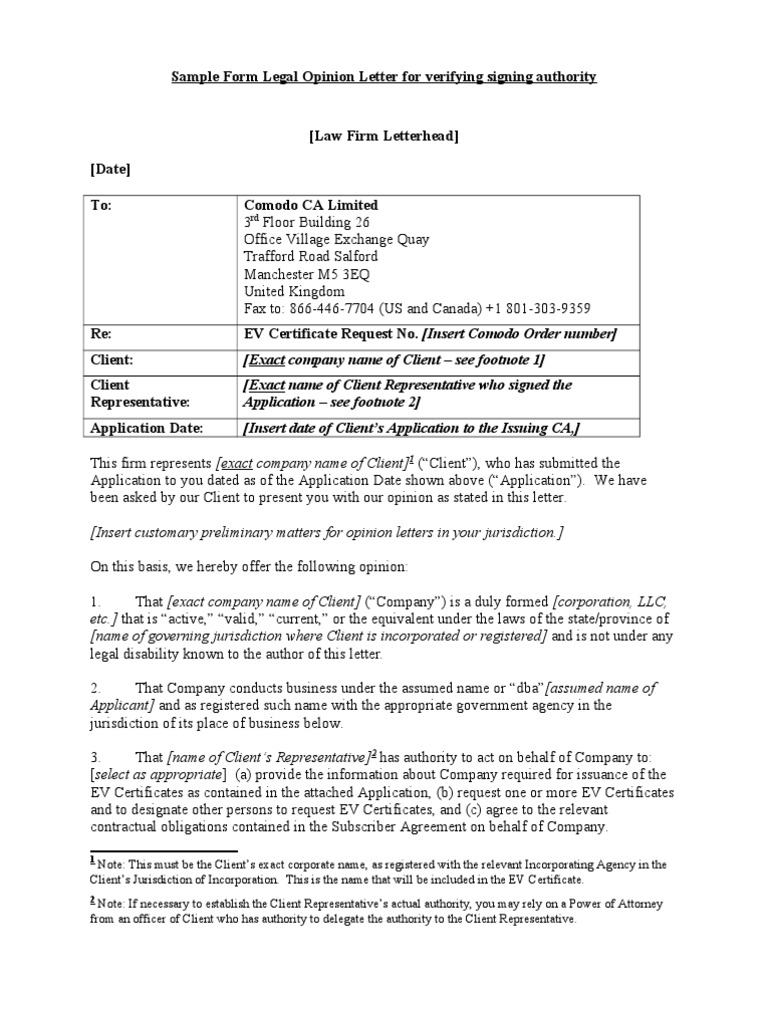
 Missouri Form to Request Attorney General Opinions - Fill Out, Sign
Missouri Form to Request Attorney General Opinions - Fill Out, Sign
